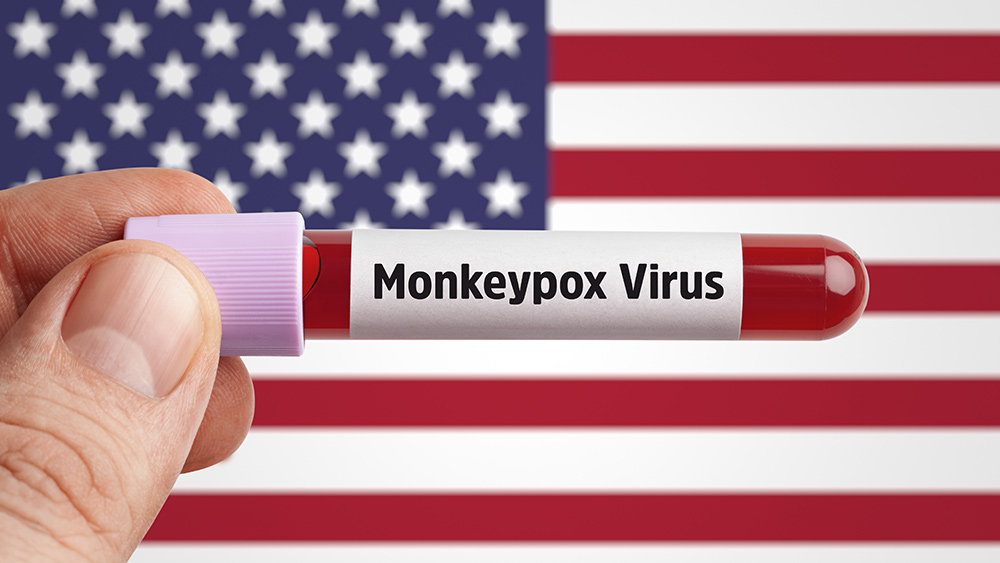Here’s why diabetics should eat more chili peppers, according to scientists
02/24/2019 / By Ellaine Castillo

Chili peppers (Capsicum annuum) are used across the globe as an ingredient for spicy foods. Their hot pungent taste is attributed to a compound called capsaicin. However, there’s so much more to this compound than the kick that it gives to food. Researchers from Jawaharlal Nehru Technological University, Shadan College of Pharmacy, and Geethanjali College of Pharmacy in India have found that capsaicin has potent antihyperglycemic properties that are synergistic with the beneficial effects of the antidiabetic drug gliclazide.
When taking oral medications, one of the most important things to consider is the food that’s being consumed with it. This is because there are potential interactions that may occur between them that could lead to changes in food or drug metabolism, nutrient absorption, drug efficacy, and the risk of side effects. Previously, it was observed that capsaicin, the active ingredient in chili peppers, had negative effects on the circulation of drugs like galantamine and simvastatin. Therefore, before using capsaicin as a natural remedy for diseases like diabetes, it should first be tested for potential interactions with medications that it could possibly be used with.
Gliclazide is a drug commonly used by patients with Type 2 diabetes due to its ability to lower blood sugar levels. However, it has the potential to cause side effects like dizziness, nausea, diarrhea, and abdominal pain.
In this study, which was published in the journal Pharmacognosy Research, the researchers wanted to determine the antihyperglycemic effects of capsaicin as well as its potential interactions with gliclazide. To do this, they used albino rats (normal and diabetic) and albino rabbits (diabetic), which they divided into the following groups:

- Group I – Normal control
- Group II – Diabetic control
- Group III – Gliclazide
- Group IV – Capsaicin
- Group V – Gliclazide and capsaicin
The researchers used parameters like blood sugar, insulin, and gliclazide level, which they determined from blood samples, to evaluate antihyperglycemic effects and interactions. They also determined beta-cell function. Their results revealed that capsaicin had potent antihyperglycemic activity in diabetic rats and rabbits, as exhibited by a decrease in blood sugar and an increase in insulin level and beta-cell function. In addition to this, capsaicin did not have a hypoglycemic effect in normal rats, unlike gliclazide.
It was also observed that treating the animal models with both gliclazide and capsaicin led to a more significant reduction in blood sugar levels and a greater increase in insulin levels and beta-cell function in the animals. These suggest that the two of them have synergistic effects, which the researchers attributed to the inhibition of enzymes that metabolize gliclazide by capsaicin.
Overall, the results of this study suggest that chili peppers have potential use as natural remedies for diabetes because of the antihyperglycemic activity of its active ingredient capsaicin. (Related: Capsaicin from chili peppers can improve health in diabetic and obese persons.)
Other benefits of capsaicin
Even if you don’t have diabetes, there are many other reasons to eat chili peppers. Some of the health benefits that you can enjoy from these include the following:
- Pain relief — The capsaicin in chili peppers are also great for relieving pain. Eating a lot of chili peppers can increase your tolerance to pain since capsaicin binds to pain receptors and damages them, making them insensitive.
- Weight loss — Capsaicin has thermogenic properties so eating more of it can reduce your cravings and increase your metabolism, helping you burn more calories.
- Lower risk of cardiovascular disease — Chili peppers are rich in potassium, which relaxes blood vessels so that blood can flow properly. They also contain large amounts of niacin that can improve cholesterol levels and consequently reduce the risk of cardiovascular disease.
- Improved immunity — Eating chili peppers can boost your immune system since they are rich in vitamin A, which maintains the health of the respiratory, intestinal, and urinary tracts.
Sources include:
Submit a correction >>
Tagged Under:
antidiabetic, antihyperglycemic, blood sugar, capsaicin, chili peppers, diabetes, food cures, food is medicine, glucose, grocery cures, hyperglycemia, insulin, natural medicine, prevention
This article may contain statements that reflect the opinion of the author





















